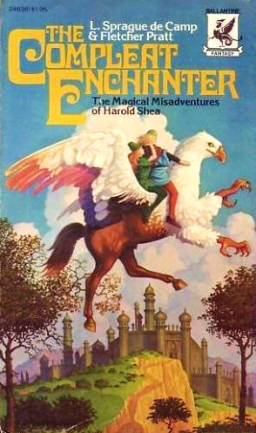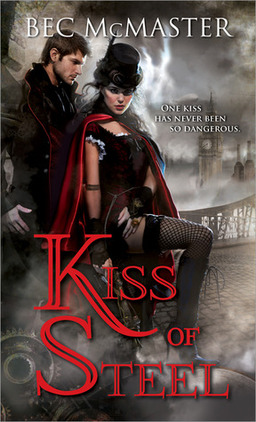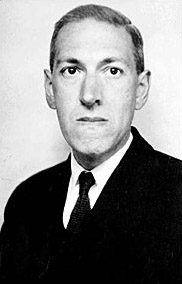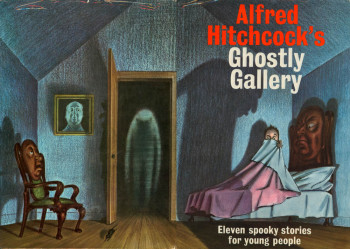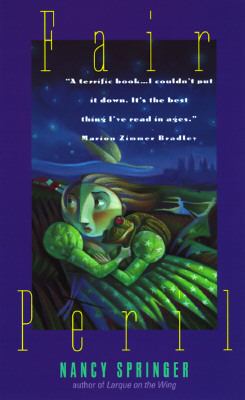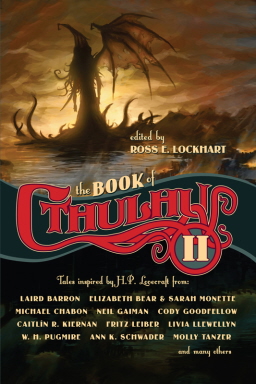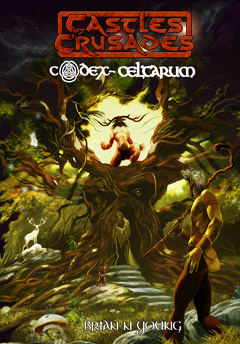Vintage Treasures: The Best of Fritz Leiber
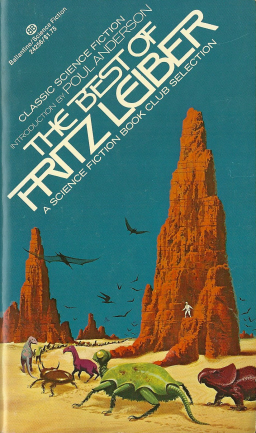 And so we come to Fritz Leiber, in our continuing exploration of Lester del Rey’s Classic Library of Science Fiction series.
And so we come to Fritz Leiber, in our continuing exploration of Lester del Rey’s Classic Library of Science Fiction series.
The Best of Fritz Leiber, published in 1974, was the second in the line, following The Best of Stanley G. Weinbaum. Unlike Weinbaum and many of the authors who would follow him, Leiber was well known — even a star — to contemporary SF readers in 1974, thanks chiefly to his popular Fafhrd and the Gray Mouser books.
Which brings us conveniently to the book’s first problem. Those stories were being published by Ace Books, who had five volumes of Fafhrd and the Gray Mouser in print by 1970, and the Classic Library of Science Fiction line was owned by Ballantine, which meant The Best of Fritz Leiber couldn’t include any of them. This is sort of like assembling a Best of Robert E. Howard collection that ignores Conan (which Del Rey books did in 2007, with considerable success, now that I think about it.)
Poul Anderson acknowledges this painful lack in his introduction, taking a moment to badmouth sword & sorcery while he’s at it:
It’s too bad that we have no tale of Fafhrd and the Gray Mouser here. Not only did that charming pair of rogues… launch the author’s career, they are still going strong, to the joy of everyone who appreciates a rattling good fantasy adventure. But by no means are these stories conventional “sword and sorcery.” The world of Nehwon is made real in wondrously imagined detail… Here Leiber in his way — like the late J.R.R. Tolkien in his, and not vastly different — has done, and is doing, for the heroic fantasy what Robert Louis Stevenson did for the pirate yarn: by originality and sheer writing genius, he revived an ossified genre and started it off on a fresh path.
I could likewise wish that this book held a sample or two of Leiber’s horror stories. In my opinion, which Fritz modestly does not share, Lovecraft and Poe himself never dealt out comparable chills.
In other words, Leiber’s stories (and Tolkien’s) are good, so they can’t really be sword and sorcery… despite the fact that Fritz Leiber is often credited with coining the phrase “sword & sorcery” to describe his most popular work. Poul Anderson. What a doofus.
